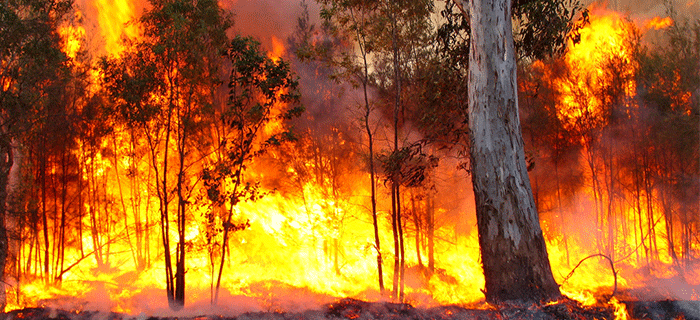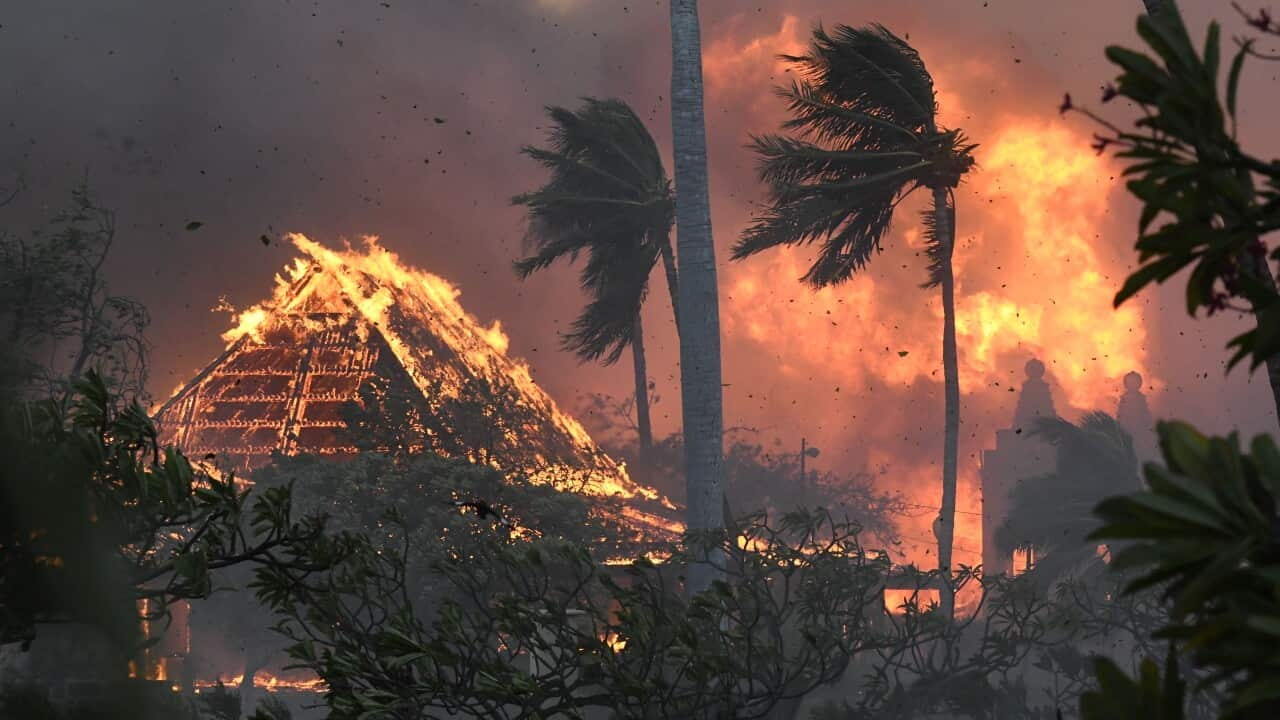From Analysis to Action: Using Your BAL Report to Alleviate Bushfire Ris
From Analysis to Action: Using Your BAL Report to Alleviate Bushfire Ris
Blog Article
Just How BAL Record Impacts Shrub Fire Defense Actions
In the realm of bush fire security, the Structure Attack Degree (BAL) report stands as a crucial tool that dramatically influences the security and strength of residential properties in fire-prone areas - BAL Report. The impact of a BAL assessment expands much past plain documentation; it functions as the cornerstone for identifying the ideal building and construction criteria and fire security actions needed to reduce the threats postured by bushfires. As communities come to grips with significantly extreme fire seasons, recognizing just how the BAL report forms these protective measures ends up being paramount for home builders, homeowners, and policymakers alike
Recognizing the Bushfire Assault Degree

Relevance of BAL Record Analysis

Moreover, the BAL record assessment acts as a foundational action in complying with legal responsibilities and needs associated with bushfire security. Regional councils and authorities often mandate the entry of a BAL report as component of the preparation and building approval process to guarantee that homes are adequately safeguarded against bushfire dangers. Falling short to perform a complete BAL report assessment can lead to inadequate defense steps, leaving properties susceptible to ravaging bushfire occurrences.
Construction Specifications Based Upon BAL
An extensive understanding of the Bushfire Attack Degree (BAL) enables home proprietors to implement building standards customized to their particular threat account. Building and construction requirements based on BAL are essential in minimizing the impact of bushfires on properties. The BAL rating classifies the potential danger a residential property faces during a bushfire on a range from BAL-Low to BAL-FZ (Fire Area)
Executing Fire Protection Steps
With the foundation of building criteria based on Bushfire Assault Level (BAL) in position, the emphasis now shifts towards the useful reference sensible execution of fire security procedures to fortify residential or commercial properties versus bushfire threats. Executing fire security actions entails a mix of passive and energetic approaches to boost the resilience of structures in bushfire-prone areas. Easy steps consist of making use of fireproof building materials, installing ash guards on vents, securing gaps in walls and roofings, and maintaining a clear room around the home cost-free from flammable greenery. Energetic procedures encompass go to the website having firefighting equipment readily available, such as pipes and water pumps, along with creating a defendable space around the residential or commercial property by removing plants and having a well-kept garden. Additionally, establishing an evacuation strategy and making sure all homeowners know emergency procedures are crucial components of efficient fire defense actions. By integrating both passive and energetic techniques, residential properties can significantly decrease their susceptability to bushfire occurrences and boost the safety and security of occupants.
Shielding Homes Against Bushfires
Effectively guarding homes versus the harmful effects of bushfires requires a positive and detailed approach to fire defense procedures. Homeowners residing in bushfire-prone areas must focus on the application of different approaches to improve their residential or commercial property's resilience against wildfires. One essential aspect is producing a defensible space around the home by preserving a clear area totally free of flammable materials. This consists of routinely cutting vegetation, removing dead plants, and ensuring a secure distance between structures and trees. Mounting fire-resistant roof covering materials can also substantially lower the danger of coal assaults and straight fire call. In addition, securing vents and spaces to avoid coal invasion, along with incorporating fireproof windows and doors, can assist fortify the home's defense versus bushfires. Investing in a reliable water resource, such as a well-kept automatic sprinkler or a dedicated water tank, is crucial for providing water throughout fire emergency situations - BAL Report. By welcoming a proactive stance and incorporating these protective procedures, house owners can dramatically increase their chances of securing their homes versus bushfires.
Conclusion
In final thought, the Bushfire Attack Degree (BAL) report plays an important role in establishing the required security procedures versus bushfires. Carrying out fire protection steps based on the BAL record is necessary in guarding properties from possible bushfire dangers.
In analyzing bushfire risk to homes, understanding the Bushfire Attack Degree (BAL) is a vital element pop over here for applying efficient protection measures. In general, a clear understanding of the Bushfire Assault Degree is essential for carrying out appropriate defense procedures and mitigating the effect of bushfires on residential properties.

Report this page